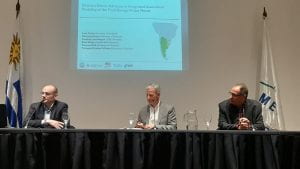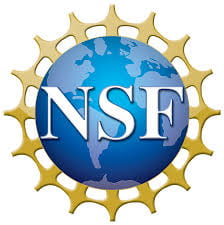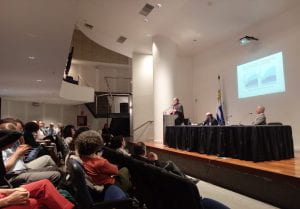Food-Energy-Water Nexus
Ongoing
1. Advances in Integrated Assessment Modeling of the Food-Energy-Water Nexus
Please visit our project website.
Scientific understanding of the interdependencies between food, energy, and water systems (FEWS) is of growing importance, as global change creates new risks as well as potential benefits from the integrated FEWS nexus. Many important decisions that influence FEWS nexus issues are made by regional decision makers. However, regional FEWS planning is also shaped by national and global dynamics, including socioeconomic and technological changes, international trade dynamics, climate change, and national efforts to address societal priorities such as economic growth and sustainable development goals (SDGs). The ability of nations to achieve these broader societal goals is, in turn, strongly influenced by regional decisions. This project develops a new, integrated analytical approach that considers the interconnections among food, energy, and water systems to improve regional FEWS planning. The research ensures consistency of regional planning scenarios with national and global trends, while also considering institutional barriers to integrated planning. This project focuses on integrated FEWS planning in river basins in Argentina and Uruguay. These locations are ideal testbeds for developing this new approach due to their strong regional-to-global connectivity through agricultural trade, diversity in institutional structures, and mix of far-reaching policies, from SDGs to climate adaptation. This research will directly benefit U.S. national interests, as sustainable development in Latin America promotes stability in international markets for agricultural and energy goods. Three primary science questions guide the research: (1) What analytical methods can be applied at regional scale to not only couple among FEW systems but also to broader national and global dynamics in a manner that is computationally efficient, data efficient, and decision-relevant? (2) What institutional barriers limit the adoption of FEW systems planning at a regional scale and how can analytical tools be designed and integrated into institutional processes to overcome those barriers? (3) How can uncertainties affecting regional the FEW systems decision-making processes be most effectively characterized and visualized to improve the robustness of FEW systems planning? Generalizable insights and analytical toolkits developed in answering these questions will promote more robust and sustainable economic growth internationally and in the United States, and will be transferable to other locations, including the United States.
Link to Project Award Abstract: https://www.nsf.gov/awardsearch/showAward?AWD_ID=1855982&HistoricalAwards=false
Sponsor: National Science Foundation; Innovations at the Nexus of Food, Energy and Water Systems (INFEWS)
Completed
1. Development of Case Studies of the Water-Energy-Food Nexus in Latin America
The main objective of this project is to contribute to sustainable management and development of the water, energy and food production sectors by increasing analytical capabilities and documented case studies on integrated resource planning in Bank investments, identifying and evaluating trade-offs and synergies between water resources management, energy generation and food production, when planned in an integrated fashion. This overarching objective can be achieved by supporting client countries develop and use innovative approaches and evidence-based operational tools to assess the economic and social tradeoffs of constraints in water, energy and food and their corresponding and intertwined security.
Sponsor: Inter-American Development Bank (Water and Sanitation Division, INE/WSA)


